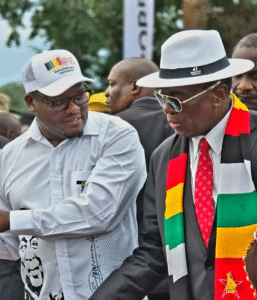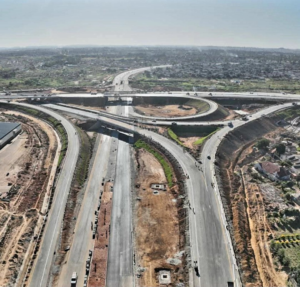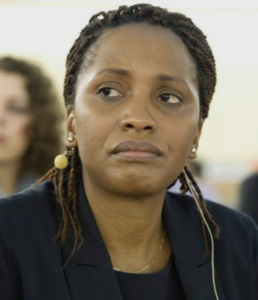ZIMBABWE’S TANGLED WEB OF CORRUPTION AND HUMAN RIGHTS ABUSES: A 2023 REPORT REVEALS

A recent report titled “2023 Country Reports on Human Rights Practices: Zimbabwe” paints a grim picture of the nation’s human rights landscape, highlighting persistent corruption, appalling prison conditions, and escalating violence during elections. The Zimbabwean government has failed to address both petty and grand corruption. Petty corruption involves the everyday abuse of power by low- to mid-level officials, while grand corruption implicates political elites. Despite the establishment of specialized anti-corruption courts in all ten provinces, political interference, slow case resolutions, and subpar investigations have stymied progress. Experts describe a “catch and release” scenario where the Zimbabwe Anti-Corruption Commission (Zacc) arrests corrupt officials but struggles to secure convictions through the National Prosecuting Authority (NPA). In 2022, Zacc assessed 684 complaints of suspected corruption, a 38% decrease from 2021. While Zacc can arrest suspects, it lacks prosecutorial power, leading to an ineffective anti-corruption strategy. The report also highlights the government’s inaction on grand corruption cases, such as those exposed in Al Jazeera’s “Gold Mafia” investigation. This documentary revealed how high-ranking officials, including individuals linked to President Emmerson Mnangagwa, smuggle gold and launder money through South African and UAE banks.
Zimbabwe’s prisons are flagged as life-threatening due to overcrowding, food shortages, and unsanitary conditions. Overcrowding is severe, with Harare Remand Prison housing 1,500 inmates in a facility designed for 900, and Bindura Prison accommodating 87 inmates in a space for 20. Former inmates report routine violence by prison guards, with one ex-prisoner from Harare Remand stating, “Not a day went by without someone getting beaten up for no apparent reason.” Additionally, children under four living with their incarcerated mothers share the mothers’ inadequate food rations, worsening their already dire situation.
The report criticizes the government’s failure to investigate politically motivated killings. In September, Persuade Mandara was allegedly killed by Zimbabwe Republic Police (ZRP) officers in Mashonaland Central province. They reportedly assaulted him with burning logs and fired shots before taking him to the police station, where he died in custody. In November, opposition CCC activist Tapfumaneyi Masaya was abducted and killed while campaigning in Harare. Despite police claims of investigation, no progress has been made, reflecting a broader pattern of impunity for politically motivated violence.
The government also targets NGOs and individuals exposing human rights abuses or opposing its policies. Surveillance, office raids, and harassment are common tactics. Human rights lawyers Doug Coltart and Tapiwa Muchineripi were arrested in September while representing CCC members recovering from abduction and torture. Government-controlled media and social media platforms frequently attack human rights groups, especially those believed to be funded by Western entities. The state does little to investigate or prosecute officials accused of human rights abuses, including criminal gangs in the artisanal mining sector.
Human rights abuses spike during election periods, with the report noting increased violence and intimidation. Forever Associates Zimbabwe (Faz), linked to the Central Intelligence Organisation, intimidated voters, particularly in rural areas. Faz reportedly deployed to 36,000 villages, conducting “exit polls” to collect voters’ names and ID numbers, coercing them to vote for certain parties. The ZRP raided the Election Resource Centre (ERC) and Zimbabwe Election Support Network (ZESN) offices, confiscating computers and harassing local observers under the pretext of preventing illegal election result announcements.
Zimbabwe’s human rights situation remains dire, with widespread corruption, abusive prison conditions, uninvestigated killings, repression of activists, and electoral violence. The government’s failure to address these issues highlights a systemic problem that continues to undermine the rule of law and human rights in the country. The persistent abuses and lack of accountability reveal a nation struggling with deep-rooted issues that demand urgent attention from both local and international communities. The dire state of human rights in Zimbabwe not only affects its citizens but also tarnishes the nation’s image on the global stage, calling for immediate reforms and genuine commitment to justice and human dignity.




